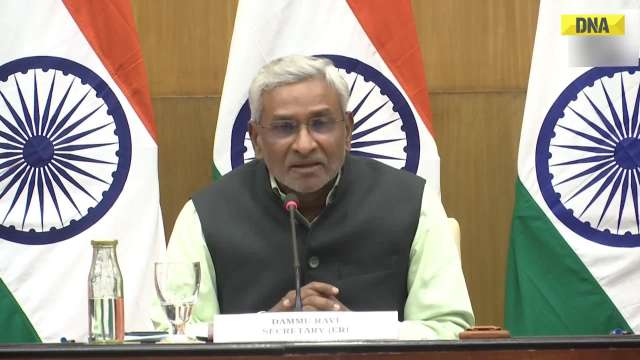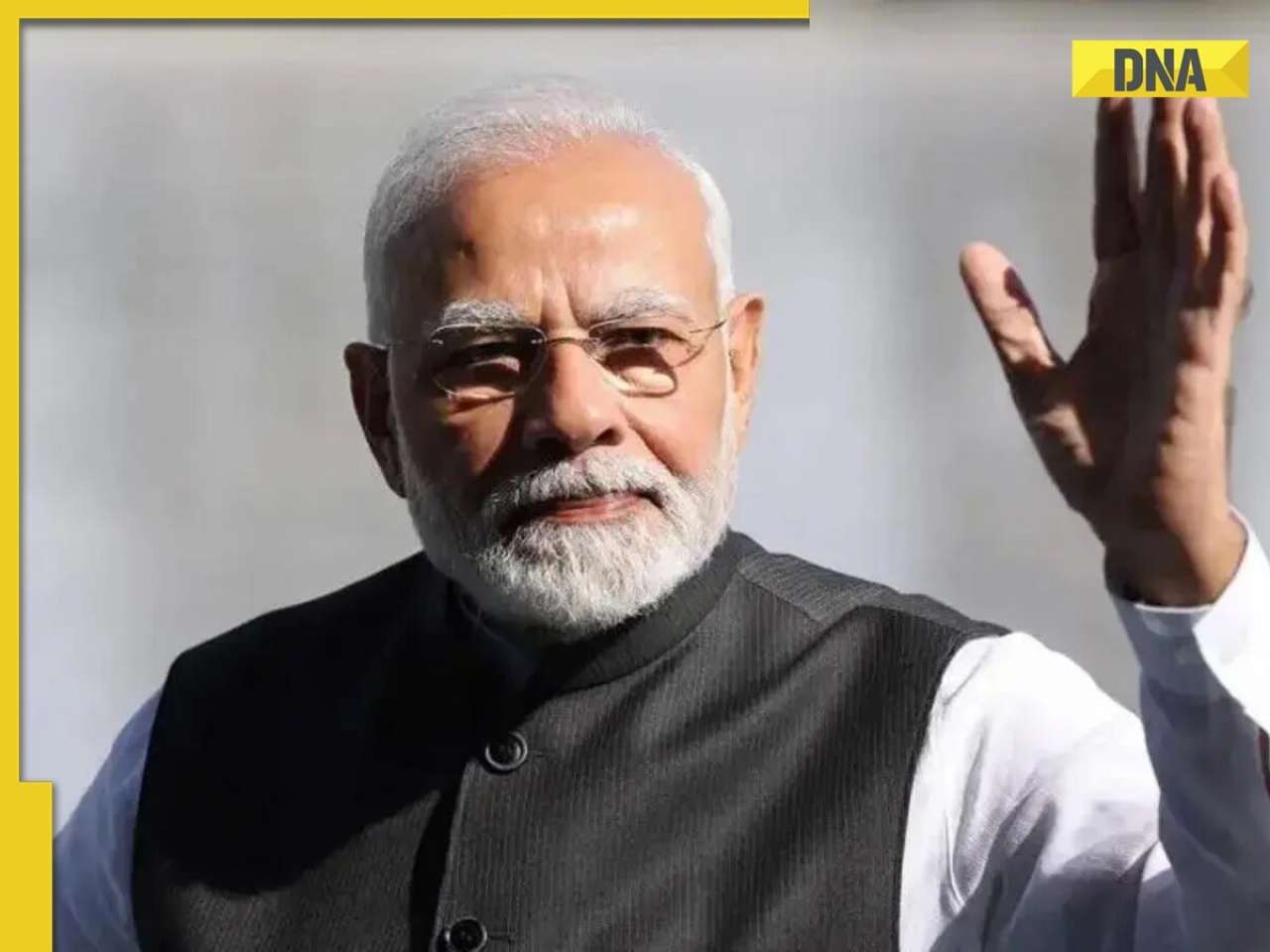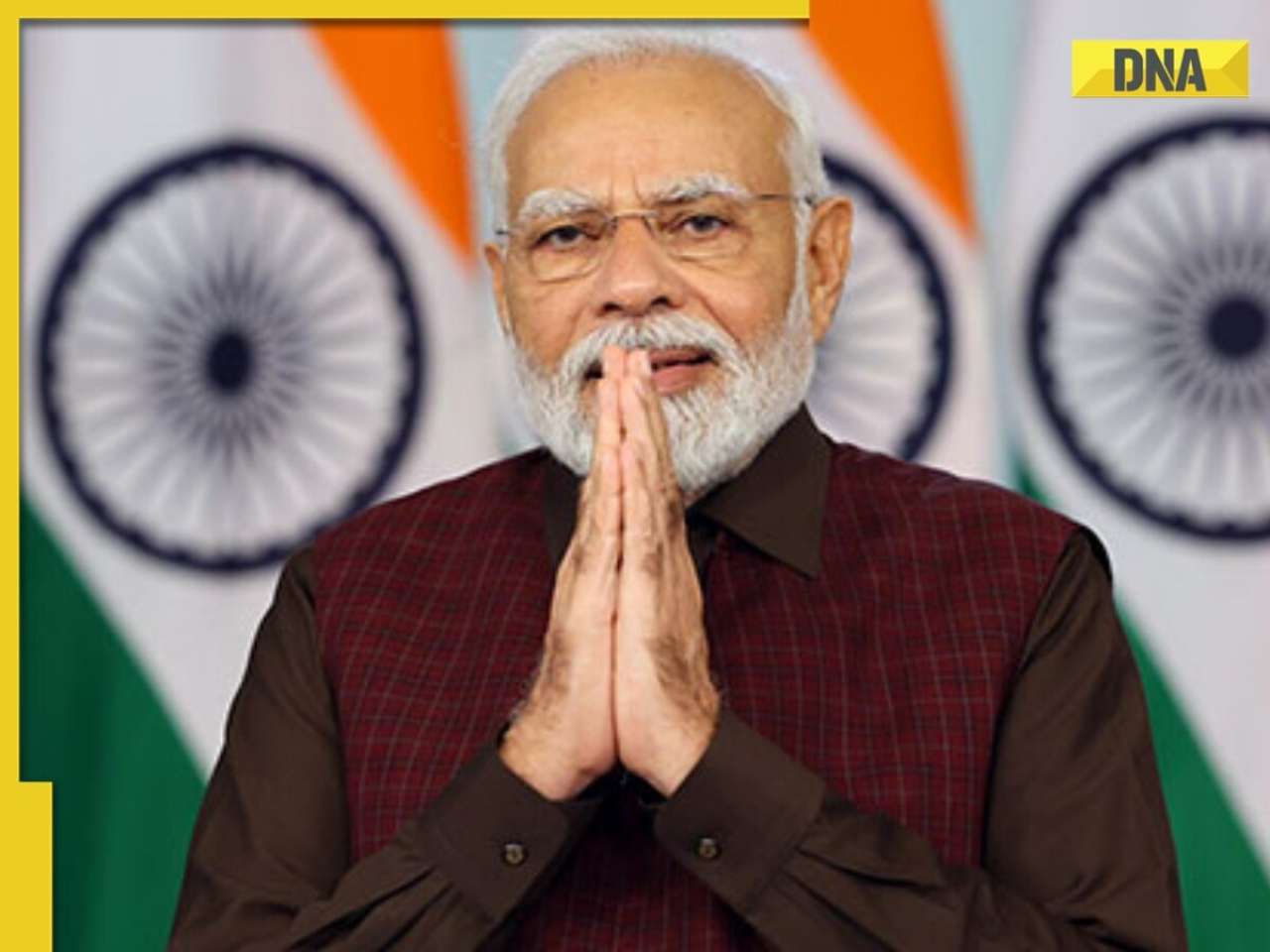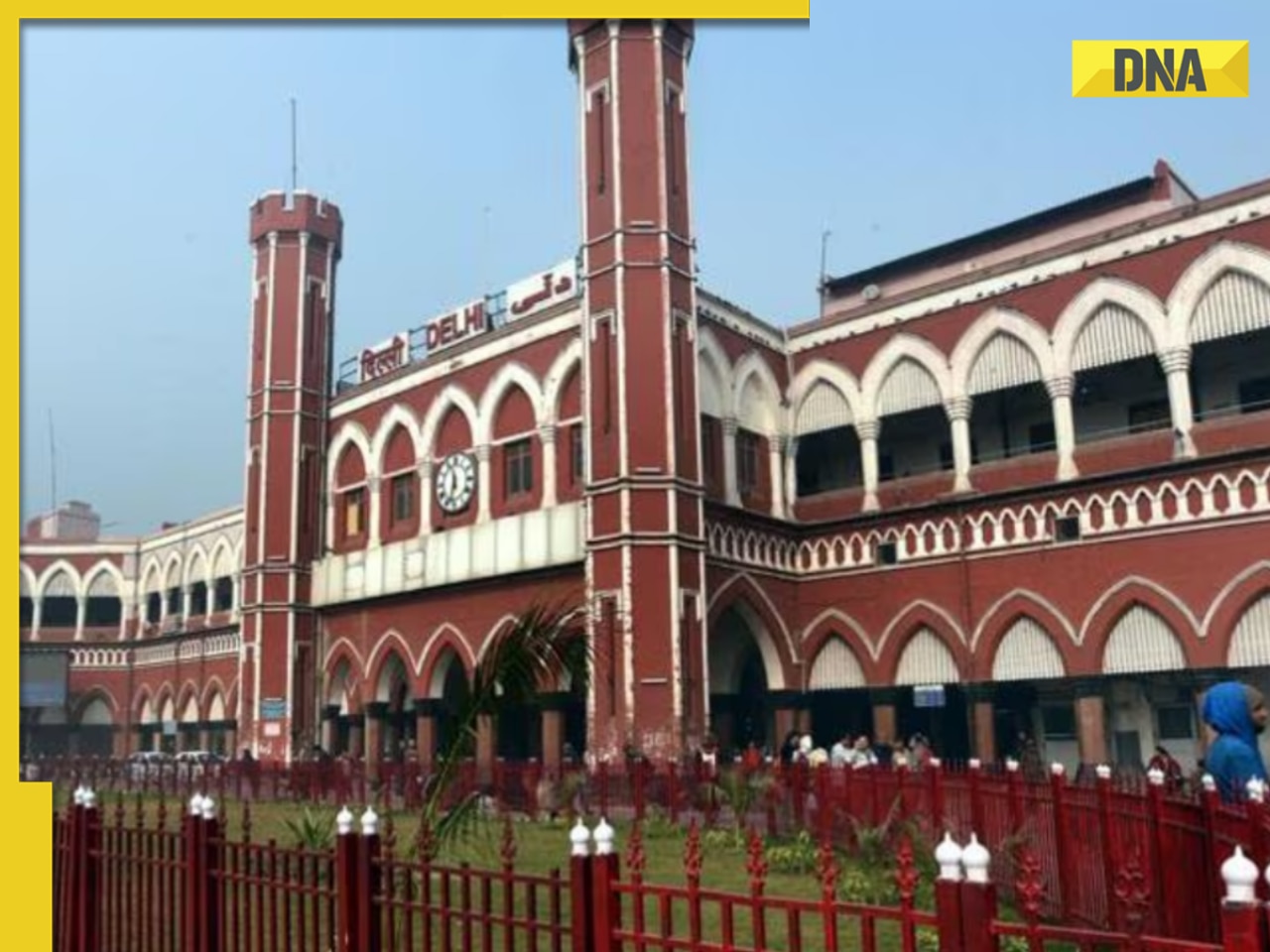- LATEST
- WEBSTORY
- TRENDING
VIRAL
This Indian man ruled Surat trade, financed East India Company, gifted horses to Mughal emperor Shah Jahan, he was...
Virji Vora, a wealthy Gujarati tycoon from Surat, was a major trader, banker, and monopolist during the Mughal era, with a vast business empire.
TRENDING NOW
During the Mughal era, one of the wealthiest and most influential businessmen in India was Virji Vora, a Gujarati tycoon from Surat. Active from 1619 to the 1670s, Vora played a significant role in the trade and social life of his community. He was considered the richest merchant of his time, with an estimated fortune of Rs 80 lakh, a huge sum during that period. The East India Company (EIC) even referred to him as the "merchant prince" due to his immense wealth and influence.
Vora belonged to the Srimali Oswal Porwal caste and was highly involved in religious activities. He was honored with the title of Samajapati/Sanghavi, given to someone who contributes significantly to religious and social matters, such as building temples or organizing pilgrimages.
As a trader, Virji Vora dealt with a wide range of goods, including opium, bullion, cotton, ivory, pepper, and coral. He monopolized the trade of many of these products, employing agents in major commercial hubs across India and overseas, including the Persian Gulf and Southeast Asia. His business empire extended from Surat to cities like Ahmedabad, Agra, and Baroda. His hundis (promissory notes) were recognized as legal tender across India and abroad, and his agents played a major role in facilitating trade and managing finances for both the EIC and the Dutch East India Company (DEIC).
Virji was a savvy banker, offering loans at high-interest rates to various businesses, including the EIC, and even to the Mughal emperor Aurangzeb during a military campaign. Despite the high costs, the English traders had no choice but to borrow from him, as he was the only one with the financial power to lend large sums.
One of Virji's key strategies was his control over the pepper trade. He bought all the pepper in the country and sold it to the English at a much higher price. This made him a "sole monopolist" in the spice trade. His influence extended so far that merchants would hesitate to trade without his approval, and brokers working with the EIC were reluctant to deal with him.
Despite being a competitor to the EIC, Virji maintained good relations with key figures in the company and the Mughal governors. He faced some challenges, such as being imprisoned by the governor of Surat in 1635, but was later cleared by Emperor Shah Jahan.
In the 1660s, Virji faced significant setbacks, including raids by Maratha chief Shivaji, who took precious goods from his stores. However, his financial acumen and business connections allowed him to recover quickly. By the mid-1670s, Virji retired from business, passing his operations to his grandson. He passed away around 1675, but his legacy as one of the most powerful and influential businessmen of his time endures.







)
)
)
)
)
)
)
)
)
)
)
)
)
)
)
)















































